Are you looking for a natural, cost-effective way to boost the health and vitality of your plants? Look no further than your kitchen pantry! Eggshells, often seen as waste, can be an excellent source of nutrients for your beloved garden. In this article, we will delve into the myriad benefits of using eggshells in gardening and explore the various ways you can incorporate them into your gardening routine. Let's get cracking!
Nutritional Benefits of Eggshells for Plants
Calcium Content for Strong Cell Walls
One of the main advantages of using eggshells as a gardening supplement is their high calcium content. Calcium is an essential nutrient for plants, playing a crucial role in the formation of strong cell walls. When plants have an ample supply of calcium, they are less susceptible to diseases, pests, and nutrient deficiencies. By fortifying your garden soil with crushed eggshells, you provide your plants with a natural source of this vital mineral.
Other Nutrients Found in Eggshells
In addition to calcium, eggshells contain a range of other nutrients that benefit plant growth and development. These include magnesium, potassium, and phosphorus. These nutrients contribute to various aspects of plant health, such as chlorophyll production, root development, and flowering. By introducing eggshells into your garden, you provide plants with a well-rounded nutritional boost, promoting their overall well-being.
How Eggshells Improve Soil Structure
Not only do eggshells offer essential nutrients to plants, but they also improve the structure of the soil. The coarse texture of crushed eggshells helps to aerate the soil, allowing for better drainage. This can prevent the soil from becoming compacted and waterlogged, creating an optimal environment for root growth. By incorporating eggshells into your soil, you not only enhance nutrient availability but also promote a healthy and well-drained foundation for your plants to thrive.
Ways to Use Eggshells in Gardening
Now that we understand the nutritional benefits of eggshells for plants, let's explore the various ways you can incorporate them into your gardening practices.
Crushing Eggshells to Sprinkle Around Plants
One of the simplest ways to utilize eggshells in your garden is to crush them into small pieces and sprinkle them around your plants' bases. This method allows the calcium and other nutrients to gradually release into the soil, providing a consistent source of nutrition. Be sure to crush the eggshells into fine particles to ensure efficient breakdown and dispersion.
Making Eggshell Tea for Watering Plants
For a more concentrated application, you can create an eggshell tea to water your plants. To make eggshell tea, take a handful of crushed eggshells and steep them in water for several days. Strain the liquid and use it to water your plants. This method provides a quick and direct nutrient boost, delivering a concentrated dose of calcium and other minerals to your plants.
Using Crushed Eggshells as Seed Starters
Eggshells can also serve as environmentally friendly seed starters. Fill empty eggshell halves with potting soil, sow your seeds, and place them in a sunny spot indoors. The eggshell acts as a natural container, providing nutrients and protection to the developing seedlings. Once the seedlings are ready to be transplanted, gently crush the eggshell and plant them directly into the soil, providing an extra boost of nutrients during the transition.
Tips for Using Eggshells in Gardening
To ensure you are effectively harnessing the benefits of eggshells in your garden, consider these key tips:
Best Practices for Preparing and Using Eggshells
Before using eggshells in your garden, it's essential to properly clean and prepare them. Rinse eggshells with water to remove any residual egg and allow them to dry fully. Once dry, crush them into small particles to promote decomposition and easy absorption by plants. Remember to take precautions when handling eggshells to avoid any potential contamination.
Ensuring Eggshells Break Down Properly in Soil
To maximize the benefits of eggshells in your garden, it's crucial to ensure they break down efficiently in the soil. Crushed eggshells will naturally decompose over time, but you can accelerate this process by adding the shell particles to your compost pile. The composting process will help break down the eggshells into nutrient-rich organic matter that can be easily absorbed by plants.
Avoiding Potential Issues with Using Eggshells in Gardening
While eggshells are generally safe and beneficial for plants, it's essential to use them in moderation. Excessive application of eggshells can potentially raise the pH level of the soil, making it less suitable for some plants. Additionally, avoid using eggshells around acid-loving plants like blueberries, as the high calcium content may affect their growth. Always research the specific needs of your plants and adjust your eggshell usage accordingly.
Conclusion: Harnessing the Power of Eggshells for Vibrant Gardens
In conclusion, eggshells are an untapped resource for gardeners looking to provide their plants with a nutrient-rich boost. From their calcium content to the range of other essential nutrients they offer, eggshells can significantly enhance plant health and overall garden vitality. Whether you choose to sprinkle crushed eggshells around your plants, make eggshell tea, or use them as seed starters, incorporating these natural wonders into your gardening routine can yield remarkable results.
So why waste those eggshells when you can harness their power for your gardening endeavors? Give it a try, and watch your garden thrive with the help of these humble, nutrient-packed shells. Happy gardening!

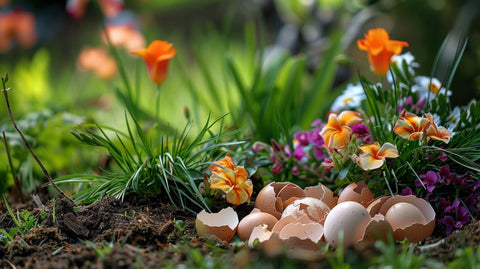

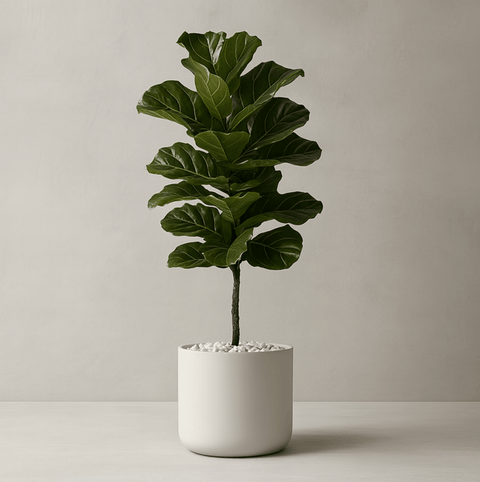
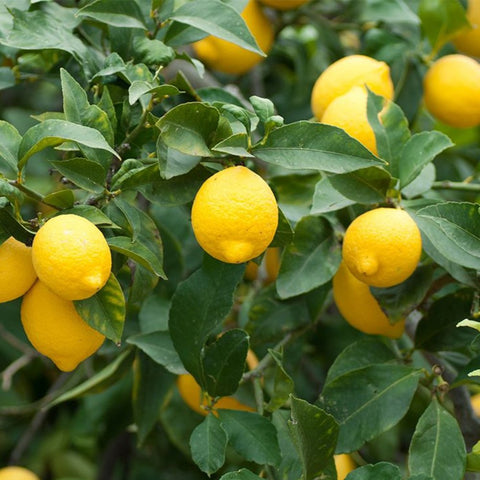
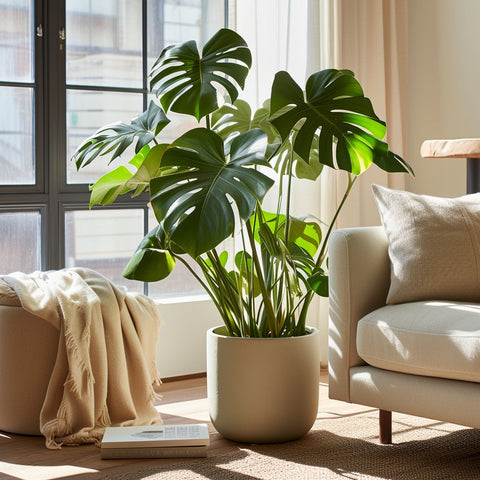
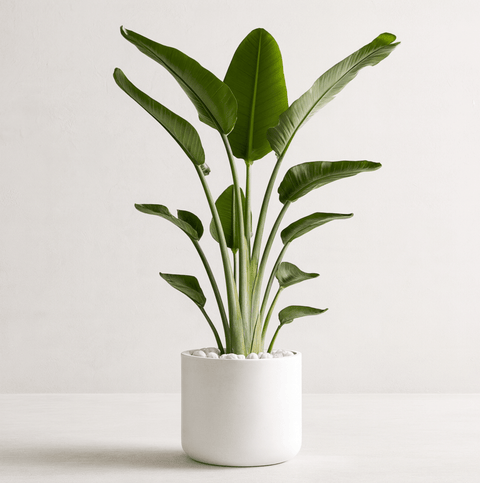

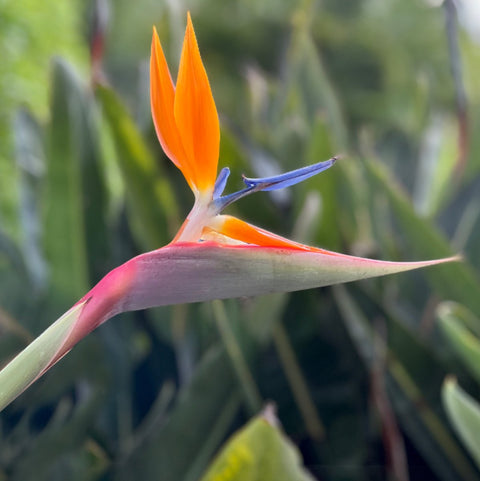
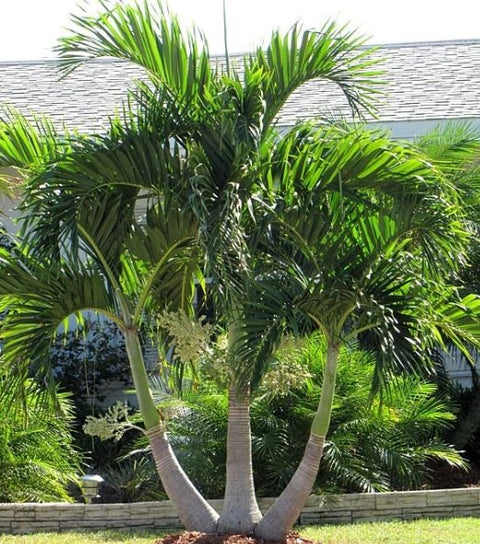
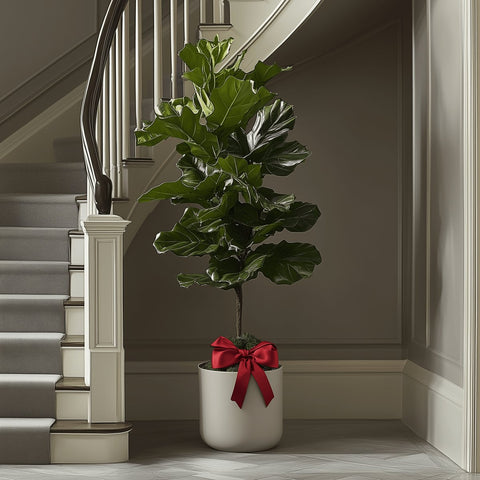


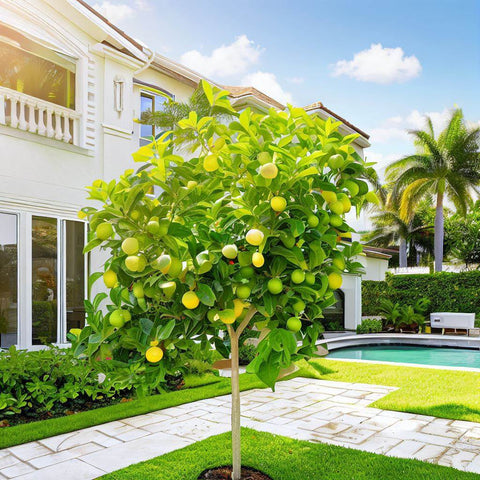
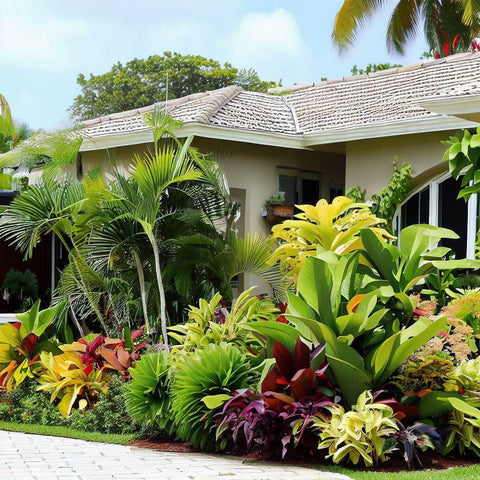

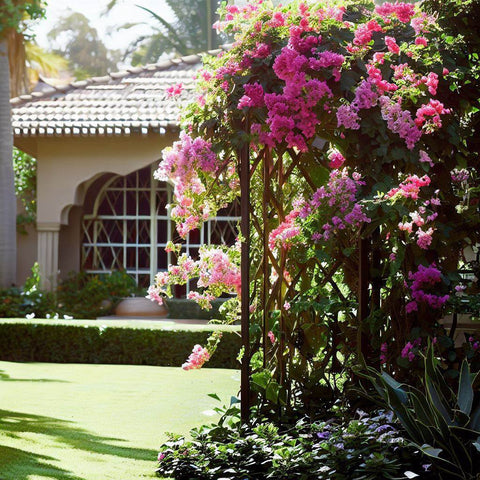
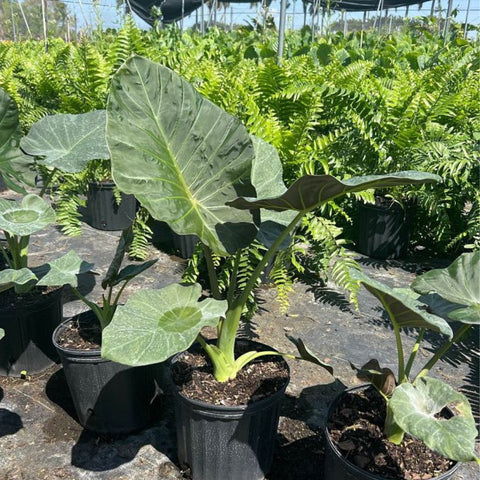
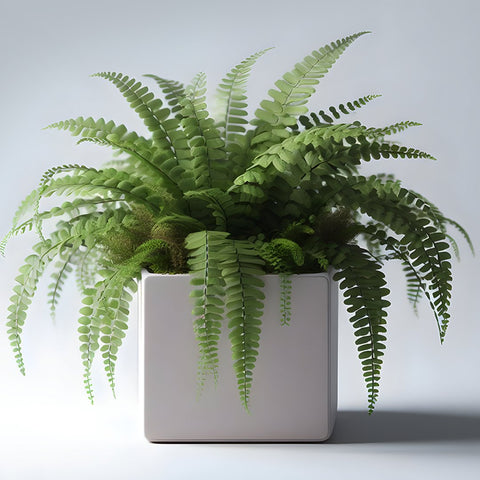
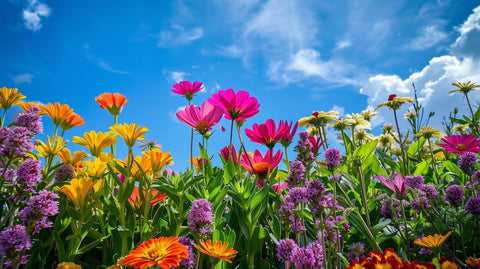
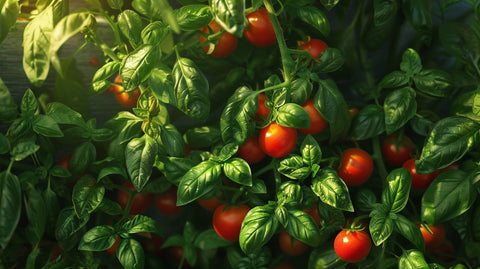

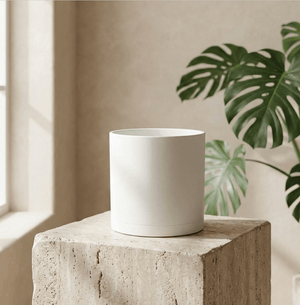
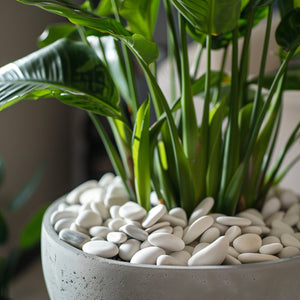
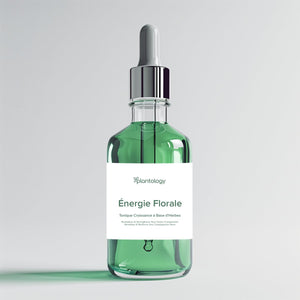
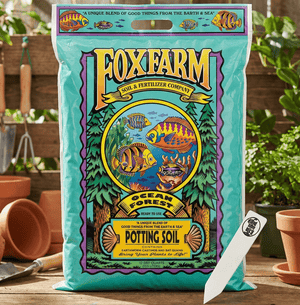
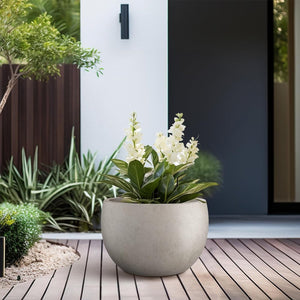
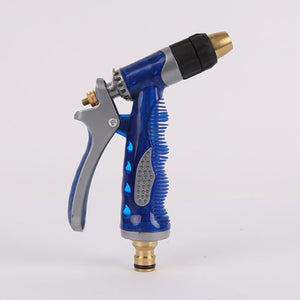
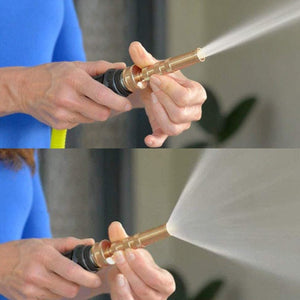
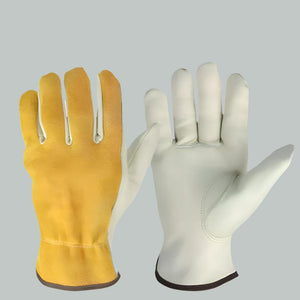
Comments (1)
Do I need to remove the membrane on the inside of the shell?